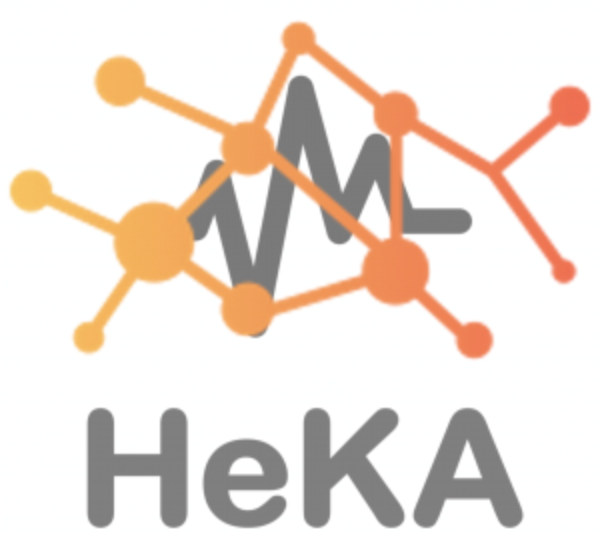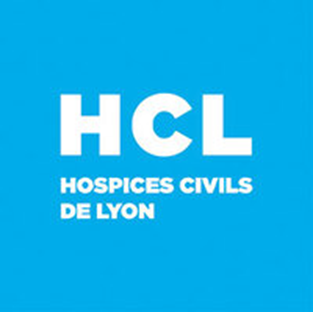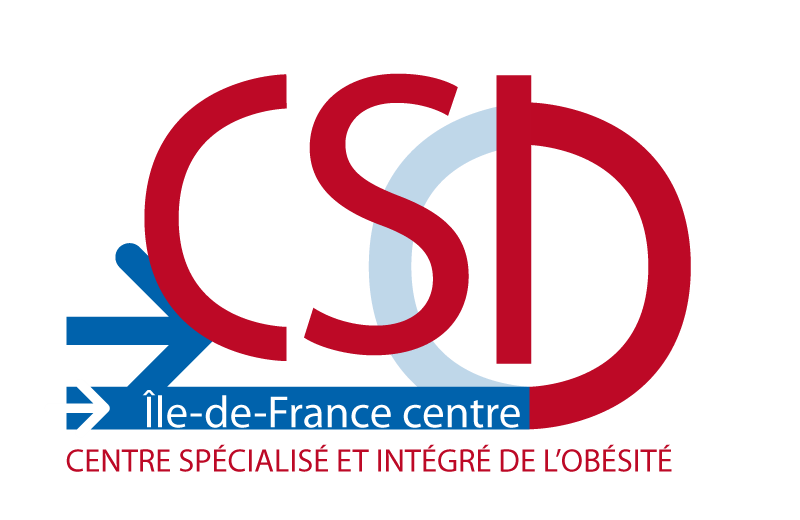Nutritionnal monitoring of women being pregnant after a bariatric surgery
Context
Pregnancies after bariatric surgery (BS) are at risk for nutritional deficiencies, small-for-gestational-age (SGA) infants, and, to a lesser extent, prematurity. Data on long-term outcomes remain scarce, and nutritional care lacks of clear evidence-based recommendations.
Indeed, in order to prevent these adverse effects, optimal nutritional management of these pregnancies is necessary. This is based in particular on supplementation with essential vitamins and micronutrients, made difficult by the absence of specific standards, as the BARIAMAT working group coordinated by Cécile Ciangura was able to set up (1,2).
Aim
The general aim of the NUMASURG project is to better understand the consequences of nutritional deficiency in pregnancy after surgery, for the mother and the offspring.
Project organisation
It is structured around four specific aims as described below.
- Establish a cohort of 1000 pregnant women after BS followed in the French Specialized Centers of Obesity Management: nutritional data and pregnancy outcomes will be collected
- Establish reference values for nutritional biomarkers in the general population of pregnant women (EDEN and Elfe mother child cohorts)
- Compare the nutritional status between pregnant women after BS and in the general population for these nutritional biomarkers, and study the associations with SGA and prematurity
- Study the impact of BS on pregnancy and offspring development using French medico-economic and administrative data (~ 75 000 pregnancies between 2013-2022)
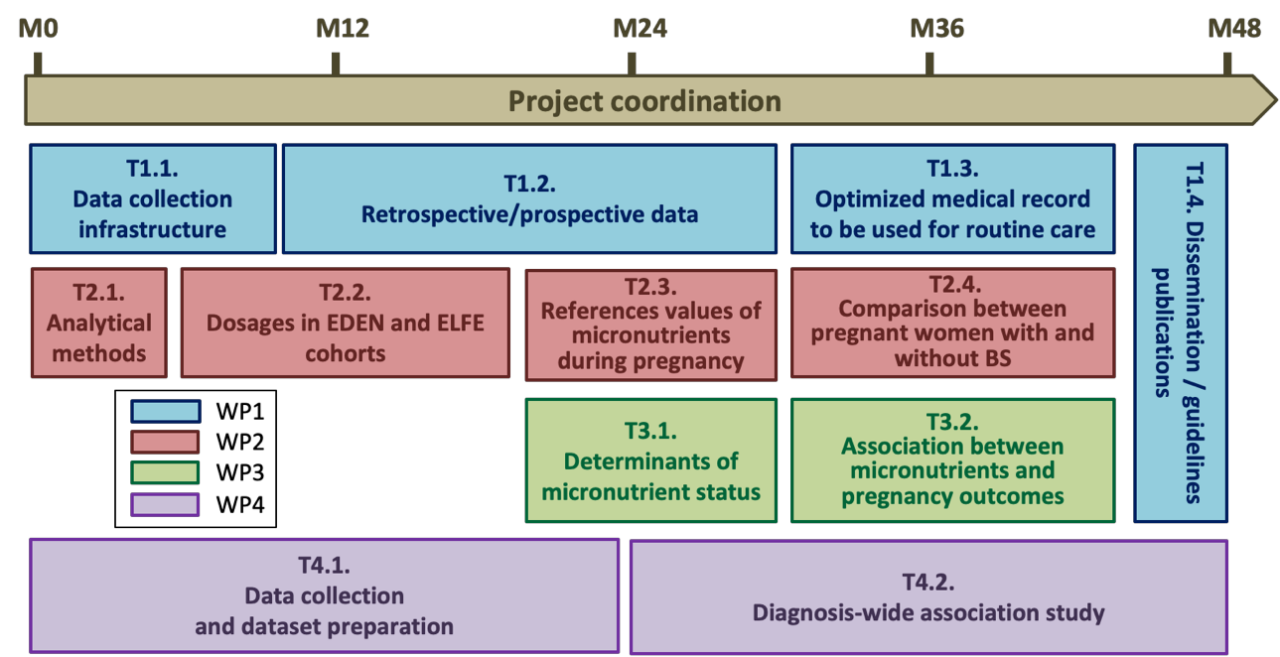
Partnership
NUMASURG is coordinated by B Heude and financed by the MESSIDORE 2022 call for tenders and involves 5 research and care teams.
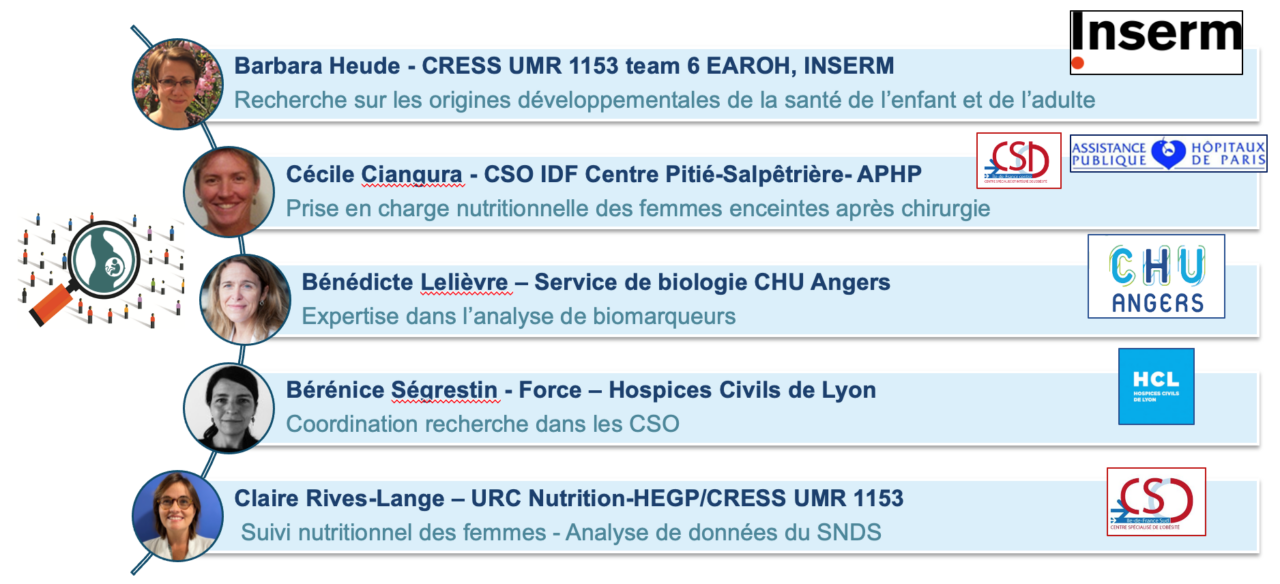
Expected results and perspectives
The NUMASURG project (September 2023-2027) will allow the implementation of new recommendations for the monitoring and nutritional supplementation of women who have undergone bariatric surgery, the improvement of their nutritional status, as well as the monitoring of their children health and development.
Standardizing practices and structuring a standardized clinical database within each French Specialized Center for Obesity Management will enable future research projects in this field.
Financeur
Research was funded by the MESSIDORE 2022 research project call – Innovative methodologies, devices, tools and research in clinical trials using health data and biobanks
References
[1] Ciangura et al, BARIAMAT-Group, Obes Surg. 2019 Nov;29(11):3722-3734. doi: 10.1007/s11695-019-04093-y.
[2] Shawe J et al. Obes Rev. 2019 Nov;20(11):1507-1522. doi: 10.1111/obr.12927.

